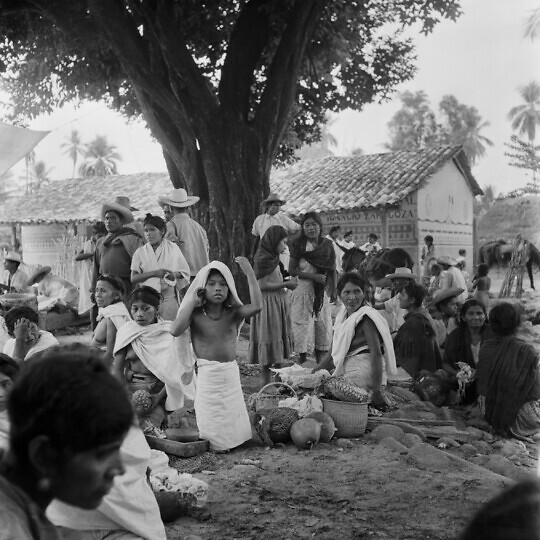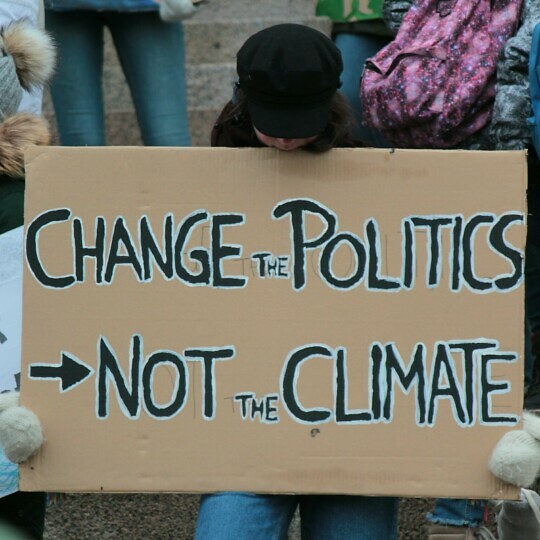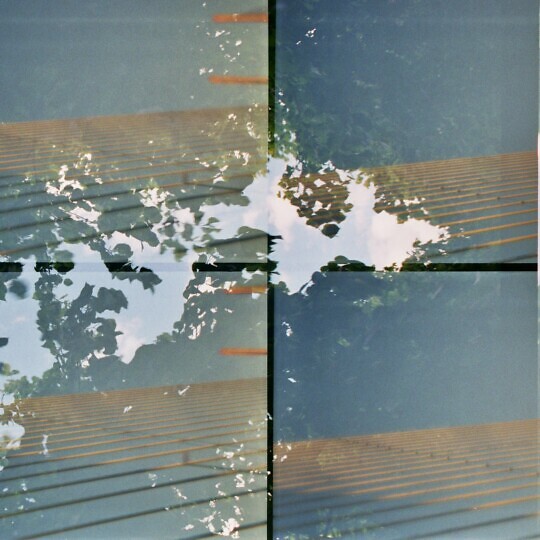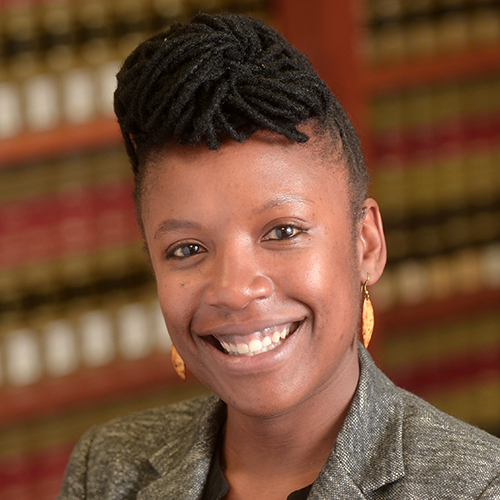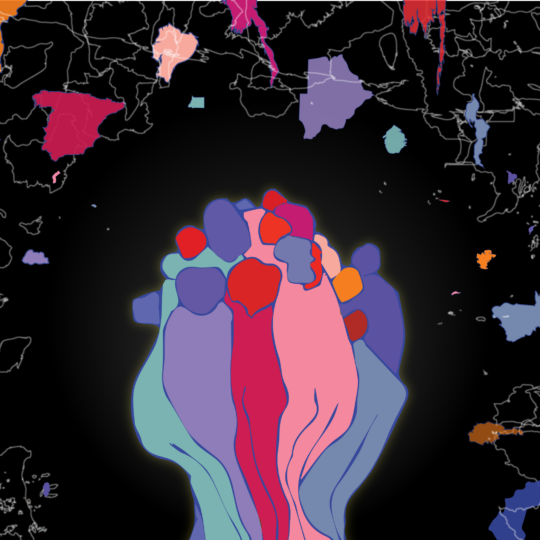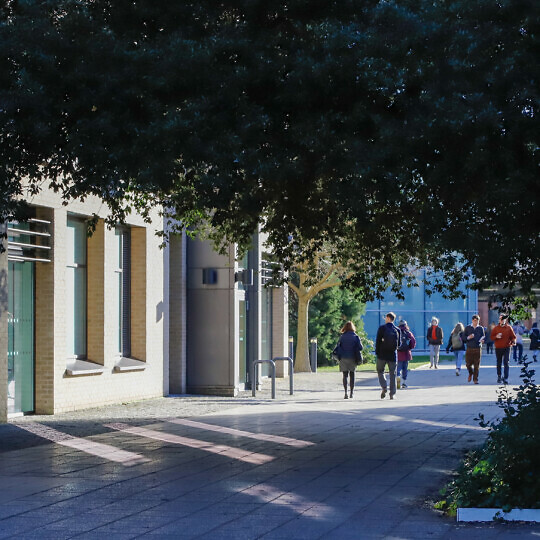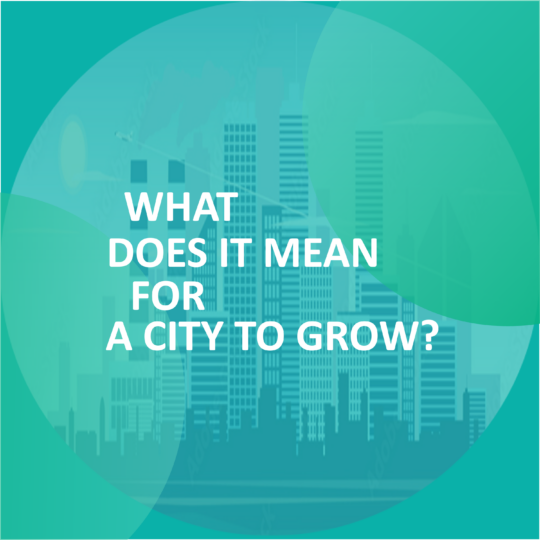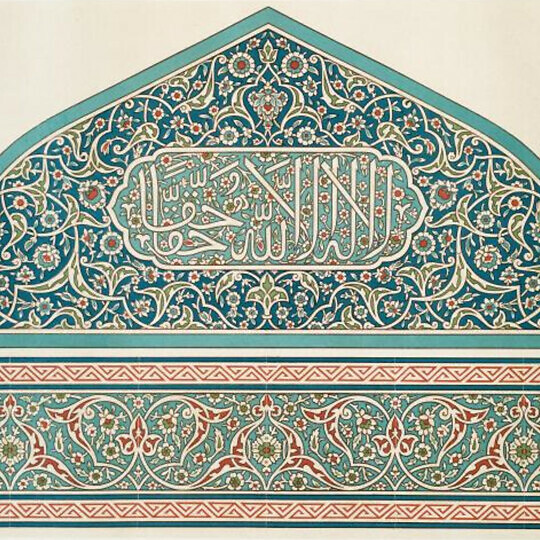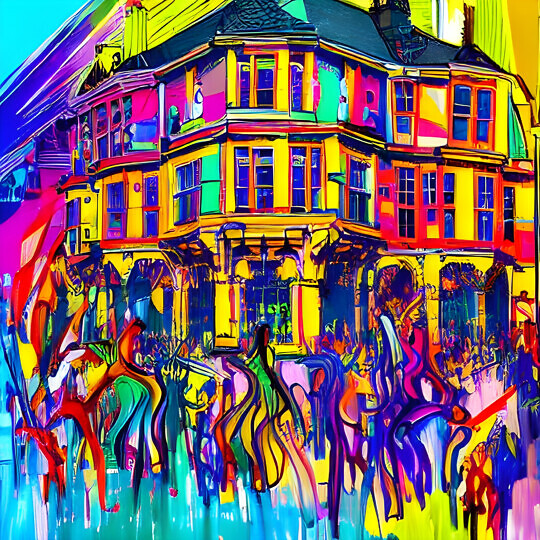| 19 Apr 2021 - 21 Apr 2021 | All day | ONLINE | |
- Description
- Programme
- Call for Papers
Description
Sign up to the CRASSH Newsletter for more information and updates on this conference.
Please note: Programme times are in BST+1/CEST (Central European Summer Time)
Convenors
Sabina Maslova (University of Cambridge)
Francesco Chiodelli (Università degli studi di Torino)
Keynote Speaker
Alexander Vasudevan (University of Oxford)
Speakers
Melanie Lombard (University of Sheffield)
Giovanni Picker (University of Glasgow)
Joanna Kusiak (University of Cambridge)
Summary
While traditionally housing illegality has been associated mainly (if not exclusively) with minorities and marginalised groups (e.g. ethnic groups, homeless people), recent research in Western countries (so-called Global North) has shown a greater variety of forms of ‘inhabiting outside the law’ practised by a range of actors (e.g. the construction of unauthorised secondary residencies by middle-income people, outbuildings used illegally for residential accommodation of migrants, squatting of private and public empty buildings) and for different purposes (e.g. speculation, recreation, need). What these different cases have in common is their relationship with public institutions. These diverse manifestations of housing illegality, in fact, do not arise and spread in a context of lack of regulatory action by the state. Instead, these informal practices are inserted in complex relationships with different manifestations of public authority (laws, policies, civil servants’ practices) and, as such, exist in a highly regulated space. Moreover, sometimes also non-public regulatory actors are involved and they contribute to set rules which complement (and sometimes replace) those established by public bodies. Therefore, housing illegality in Western countries is situated in a complex institutional environment, which is the result of the mediated interaction of different layers of public action and a variety of individual and collective practices by non-public actors (such as NGOs, inhabitants of the ‘illegal city’, mobsters, advocacy groups, depending on the case).
This symposium aims at investigating different kinds of housing illegality in the West (Europe, Americas and Australasia) from the viewpoint of their interaction with the broader institutional framework in which they are situated. The multifaceted connection of informal practices in the field of housing with different layers of both public (e.g. planning and building laws, practice by street-level bureaucrats) and non-public (e.g. informal rules established by criminal organisations, shared social norms in specific informal environment institutions), and the resulting politics of housing informality are under scrutiny in particular. Additional inputs reflecting on the changing nature of housing illegality and meanings of legal housing at times of global pandemic would be considered.
The symposium is composed of two related events. First, a virtual conference that will be held in April 2021. Second, a smaller in-person workshop at the University of Cambridge in Autumn 2021. Some of the contributors presenting at the virtual conference in April 2021 will be invited to take part in the in-person workshop, which will finalise with the development of a scientific publication (e.g. a special issue for an academic journal).
Videos presentations from the conference:
Supported by:
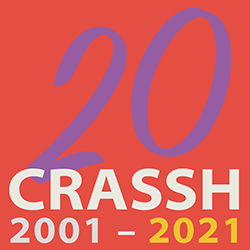
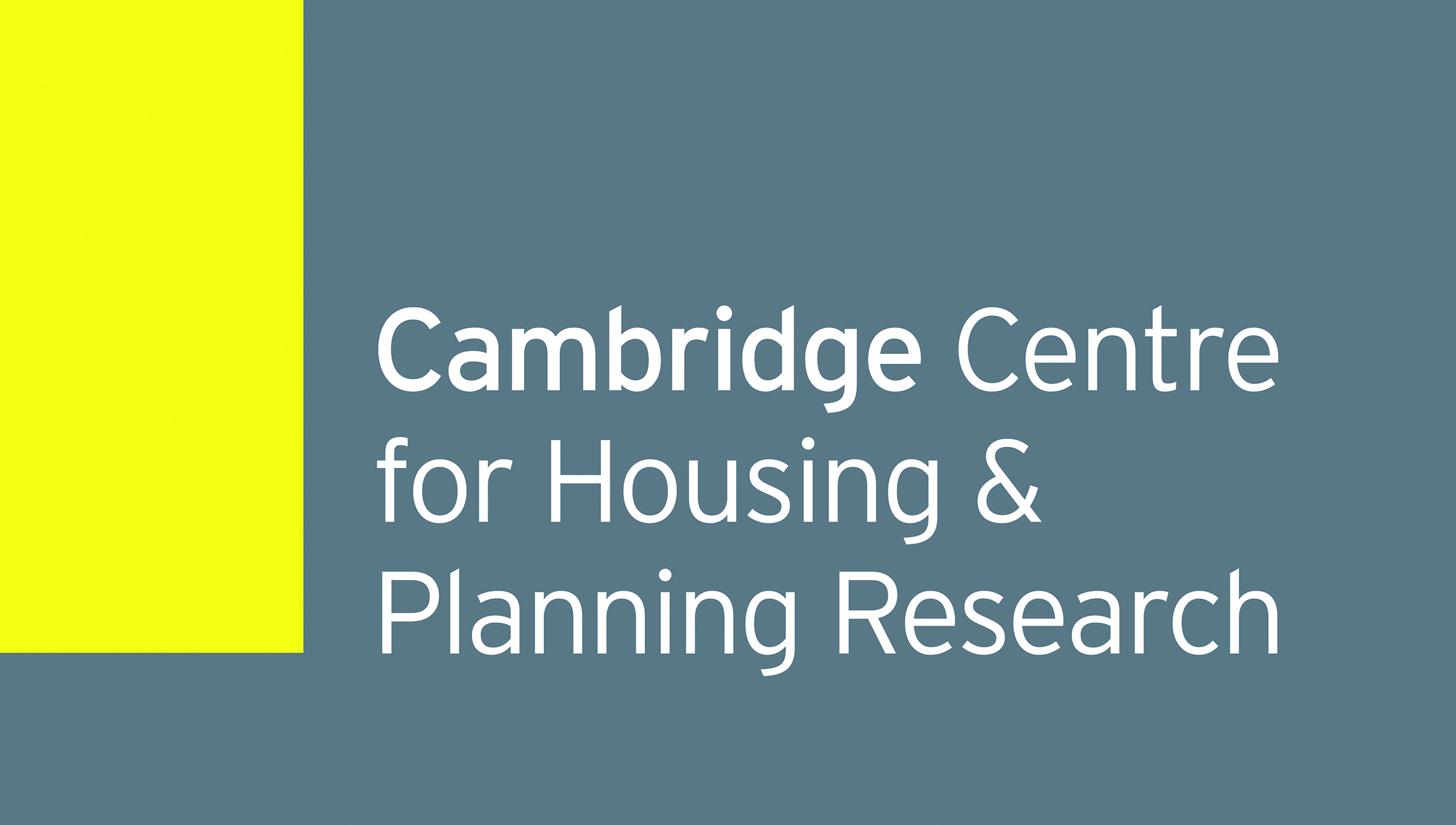

 #HouseOfCards_Conf2021
#HouseOfCards_Conf2021
If you have any specific accessibility needs for this event please get in touch. We will do our best to accommodate any requests.
Conference assistance: events@crassh.cam.ac.uk
Programme
| ALL TIMES ARE IN BST +1/CEST (Central European Summer Time) | Monday 19 April 2021 |
| 14.00 - 14.10 | Welcome and Introduction Convenors of the Conference: Sabina Maslova (University of Cambridge) and Francesco Chiodelli (University of Turin) |
| 14.10-14.50 | Keynote Presentation: Between Illegality and Insurgency: Notes on the History of Urban Informality in the Global North Keynote Speaker: Alexander Vasudevan (University of Oxford) |
| 14.50 - 15.10 | Virtual Coffee For more informal discussion with participants, please join our virtual coffee break |
| 15.10 - 16.40 | Session 1 Discussant: Francesco Chiodelli (University of Turin) and Sabina Maslova (University of Cambridge)
‘Informality as Deregulation’ – Story of ‘Granny Flats’ in NSW, Australia Presenters: Nicole Gurran and Pranita Shrestha (University of Sydney)
The Origins of Informal Urbanisation in Paris and Madrid: Illegalisation, Informalisation and the Birth of Opaque Housing Practices Presenter: Noel A. Manzano Gómez (Universidad de Valladolid; Bauhaus University of Weimar)
Maintaining Inequality: How Tenant Screening Practices Shape Housing Informality and Apartment Maintenance in Los Angeles Presenter: Steven Schmidt (University of California) |
Tuesday 20 April 2021 |
|
| 14.00 - 15.30 | Session 3 Discussant: Joanna Kusiak (University of Cambridge)
Negotiating the Degrees of Legality: De-tabooing Urban Informality in the Global North. Berlin, a Neoliberal capital for Socialists Presenters: Jonas Le Thierry d’Ennequin (ISOCARP) and Mennatullah Hendawy (TU Berlin)
The Role of Informality and Illegality in London’s Incremental House Extension Practices Presenter: Emily Kelling (TU Berlin)
Regulating and Controlling (illegal) Short-Term Rentals in European Cities: Social Conflicts, Urban Governance and Platform Capitalism Presenters: Claire Colomb (University College London) and Tatiana Moreira de Souza (Oxford Brookes University) |
| 15.30 - 15.50 | Virtual Coffee For more informal discussion with participants, please join our virtual coffee break |
| 15.50 - 17.20 | Session 4 Discussant: Alexander Vasudevan (University of Oxford)
Time Between the Rules: Institutional Production of Illegalities in Rome’s Public Housing Presenter: Isabella Clough Marinaro (John Cabot University)
Squatting in Rome and its Confrontation with the Institutions Presenter: Luisa Rossini (University of Lisbon)
Brocchetto and Eternit: A Building Style for Sardinian Spontaneous Modernity Presenter: Davide Pisu (University of Cagliari) |
Wednesday 21 April 2021 |
|
| 14.00 - 15.00 | Session 5 Discussant: Melanie Lombard (University of Sheffield)
Governing the Barracas of Cova da Moura (1974-2015). The Governance of an Informal Settlement in Lisbon’s Metropolitan Area Presenters: Marco Allegra (University of Lisbon) and Alessandro Colombo (Dinâmia’CET, ISCTE-IUL)
Informal Housing for Informal Workers in Wealthy Geneva Presenters: Maxime Felder, Luca Pattaroni and Joan Stavo-Debauge (Swiss Federal Institute of Technology Lausanne) |
| 15.00 - 15.20 | Virtual Coffee For more informal discussion with participants, please join our virtual coffee break |
| 15.20 - 16.20 | Session 6 Discussant: Giovanni Picker (University of Glasgow)
The Role of Public Institutions in Perpetrating Housing Segregation of Immigrant Agricultural Workers: The Case of Southern Italy Presenter: Elena Tarsi (University of Coimbra) Presenter: Manuel Lutz (TU Berlin; FH Potsdam) |
| 16.20 - 16.30 | Closing Notes Convenors of the Conference: Sabina Maslova (University of Cambridge, UK) and Francesco Chiodelli (University of Turin, Italy) |
Call for Papers
“Houses of cards? The rules and institutions of housing illegality in Western countries”
Call for Papers:
While traditionally housing illegality has been associated mainly (if not exclusively) with minorities and marginalized groups (e.g. ethnic groups, homeless people), recent research in Western countries (so-called Global North) has shown a greater variety of forms of ‘inhabiting outside the law’ practised by a range of actors (e.g. the construction of unauthorized secondary residencies by middle-income people, outbuildings used illegally for residential accommodation of migrants, squatting of private and public empty buildings) and for different purposes (e.g. speculation, recreation, need). What these different cases have in common is their relationship with public institutions. These diverse manifestations of housing illegality, in fact, do not arise and spread in a context of lack of regulatory action by the state. Instead, these informal practices are inserted in complex relationships with different manifestations of public authority (laws, policies, civil servants’ practices) and, as such, exist in a highly regulated space. Moreover, sometimes non-public regulatory actors are also involved and they contribute to set rules which complement (and sometimes replace) those established by public bodies. Therefore, housing illegality in Western countries is situated in a complex institutional environment, which is the result of the mediated interaction of different layers of public action and a variety of individual and collective practices by non-public actors (such as NGOs, inhabitants of the “illegal city”, ‘mobsters’, advocacy groups, depending on the case).
This symposium aims at investigating different kinds of housing illegality in the West (Europe, Americas and Australasia) from the viewpoint of their interaction with the broader institutional framework in which they are situated. The multifaceted connection of informal practices in the field of housing with different layers of both public (e.g. planning and building laws, practice by street-level bureaucrats) and non-public (e.g. informal rules established by criminal organizations[GB2] , shared social norms in specific informal environment institutions), and the resulting politics of housing informality are under scrutiny in particular. Contributions reflecting on the changing nature of housing illegality and meanings of legal housing at times of global pandemic would also be considered.
We invite proposals for the presentations that address these and related issues to contribute to the symposium “Houses of cards? The rules and institutions of housing illegality in Western countries” (http://www.crassh.cam.ac.uk/events/29266), the first part of which will be held virtually in April 2021.
Please submit an abstract for a paper (up to 250 words) together with author/s names, affiliations and contact information by 28th February 2021 to Sabina Maslova (sm2473@cam.ac.uk) and Francesco Chiodelli (francesco.chiodelli@unito.it).
The decision will be made in March 2021.

